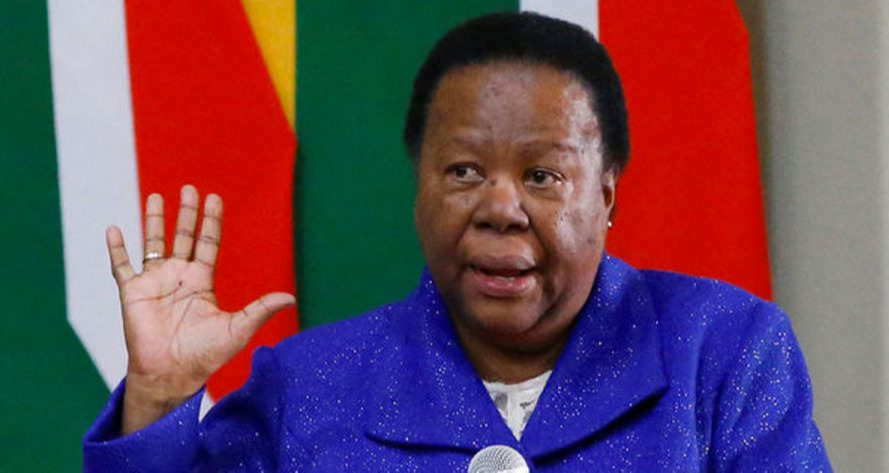
South African foreign minister voices hope for direct action against Israeli apartheid practices
Pretoria, February 20 (RHC)-- South African Foreign Minister Naledi Pandor has called for further downgrading of her country’s diplomatic relations with Israel, expressing hope for a “direct action” against the regime in Tel Aviv for its “well-documented apartheid practices.”
Addressing the parliament this week, Pandor pointed to South Africa’s history of struggle, saying the values derived from the struggle against racism and colonialism “make us duty-bound to be a voice for the oppressed and marginalized everywhere.”
“We are studying the recent human rights reports on Israel, and hope to approach the cabinet with a further proposed direct action against well-documented apartheid practices of Israel,” she said.
The remarks came after three human rights reports stating that Israel should be deemed a regime that committed the crime of apartheid against the Palestinian people.
The chief South African diplomat is also leading an effort to revoke Israel’s observer status in the African Union. Her depiction of Israeli violence as apartheid practices -- coming from a South African official -- adds weight to similar observations.
According to Pandor, the opposition to Israel’s African Union observer status is based on the AU charter rejecting “colonialism, racism, and illegal occupation.” “We have vehemently, as South Africans, opposed the granting of [African Union] observer status to Israel by the chair of the African Union Commission. Our objection stems from our own constitution and its values and the African Union charter that rejects colonialism, racism, and illegal occupation of the land of others,” she stated.
She said such substantive concerns are shared by at least 24 other African Union member states.
Earlier this month, the African Union suspended a debate on whether to withdraw Israel’s accreditation, saying a committee would be set up to study the issue.
Speaking at the AU’s annual summit in Addis Ababa, Palestinian Prime Minister Mohammed Shtayyeh said Israel “should never be awarded for its violation and for the apartheid regime it does impose on the Palestinian people.”
The crisis began last July, when Moussa Faki Mahamat, chair of the African Union Commission, accepted Israel’s observer status in the bloc, triggering simmering tensions within the body. The unilateral move drew a sharp rebuke from powerful members of the AU, including South Africa and Algeria, which argued that it contradicted AU statements supporting the occupied Palestinian territories. The two nations have been leading efforts to cancel the decision at the AU.
In her parliament address, the South African ambassador also said her country’s diplomatic relations with Israel cannot be used by anyone as a reason for bringing Israel into the African Union. “Our governing party resolutions directed us to downgrade our embassy in Israel. We withdrew our ambassador [from Israel] as part of this process of downgrading, and we are considering further measures to indicate our significant dismay at the continued apartheid practices of Israel against the long-suffering people of Palestine,” she added.

